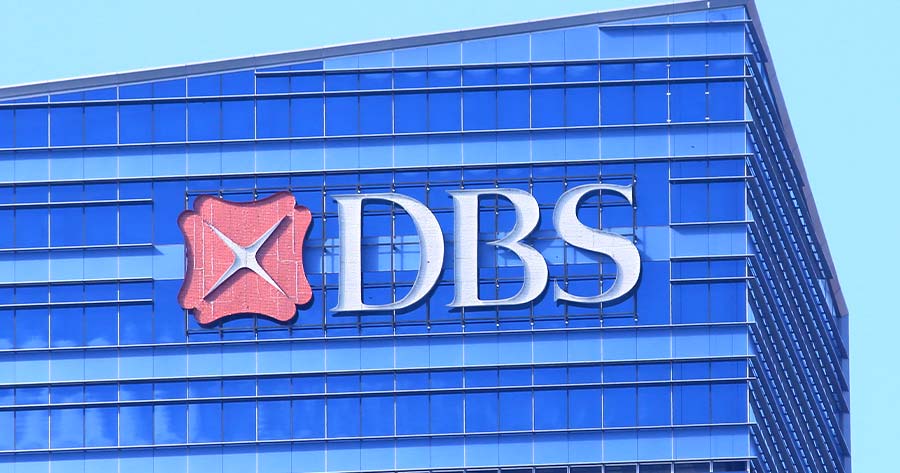Singapore’s DBS Group delivered third-quarter earnings that surpassed expectations, driving its shares to new highs, while United Overseas Bank (UOB) recorded a sharp fall in profit after setting aside substantial credit allowances.
DBS reported a 2% year-on-year decline in net profit for Q3, posting S$2.95 billion ($2.26 billion). This result exceeded analysts’ forecasts of S$2.72 billion. The group achieved a total income of S$5.93 billion, up 3% from the previous year, underpinned by growth in its wealth management and deposits businesses. However, its net interest margin slipped to 1.96% from 2.11% a year earlier.
Driven by these results, DBS shares climbed almost 3.4% to hit a record S$55.30.
DBS Group CEO Tan Su Shan described the third quarter as robust, pointing to the bank’s solid delivery despite pressure from interest rates in Singapore. The bank reiterated its S$8 billion capital return initiative, spanning to 2027, which comprises S$3 billion in share buybacks and S$5 billion in capital-return dividends—about 15% of this plan has been completed to date.
For the third quarter, DBS’s board approved a total dividend of 75 Singapore cents per share, up from 54 cents a year prior. This includes an ordinary dividend of 60 cents and a capital-return dividend of 15 cents.
Meanwhile, UOB saw its net profit for the period tumble 72% to S$443 million ($342 million), from S$1.61 billion a year ago, missing the consensus estimate of S$1.35 billion.
Net interest margin fell to 1.82% from 2.05% the previous year. The lender set aside S$1.36 billion in credit allowances, including S$615 million in pre-emptive provisions, as it moved to bolster reserves in light of economic uncertainty and market-specific stress—particularly in Greater China and the U.S.
These moves lifted performing loan coverage to 1% and drove total credit costs for the quarter to 134 basis points.
UOB’s CEO Wee Ee Cheong framed the provisions as a prudent measure, likening it to buying insurance in volatile times, and cited previous pandemic-era actions that helped maintain market confidence. Some of this stress is attributed to secured commercial real estate exposures, where the bank is seeking to avoid forced sales.
CGS International analysts Tay Wee Kuang and Lim Siew Khee indicated that the increased allowances raised credit costs to 174 basis points, largely due to U.S. and Hong Kong commercial property exposures, but emphasized that the approach was intended to reinforce coverage and anticipate potential stress. The analysts project that credit costs will revert to 25–30 basis points in the coming year.
Looking ahead, DBS expects its 2026 net profit to be just below 2025 levels. UOB projects its 2026 net interest margin will range from 1.75% to 1.80%, lower than the 1.85% to 1.90% anticipated for 2025.
The results from both Singaporean banks follow a varied showing among global peers last week. HSBC reported a 14% fall in third-quarter pretax profit, weighed by a $1.4 billion litigation provision related to the Bernard Madoff fraud, while Standard Chartered outperformed estimates with a 3% profit uptick, thanks to record wealth income and brisk market activity.





